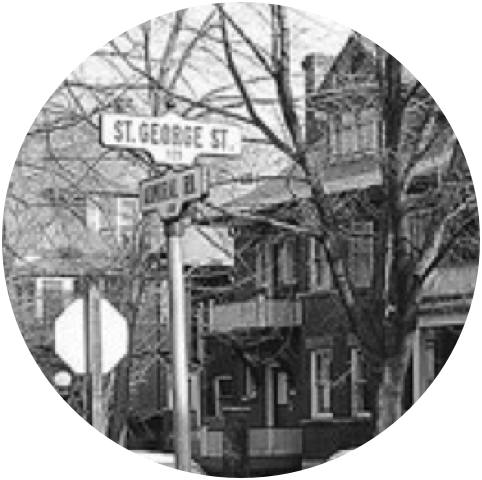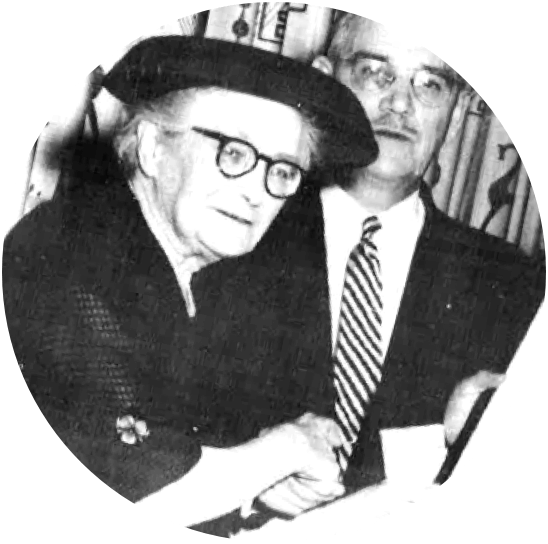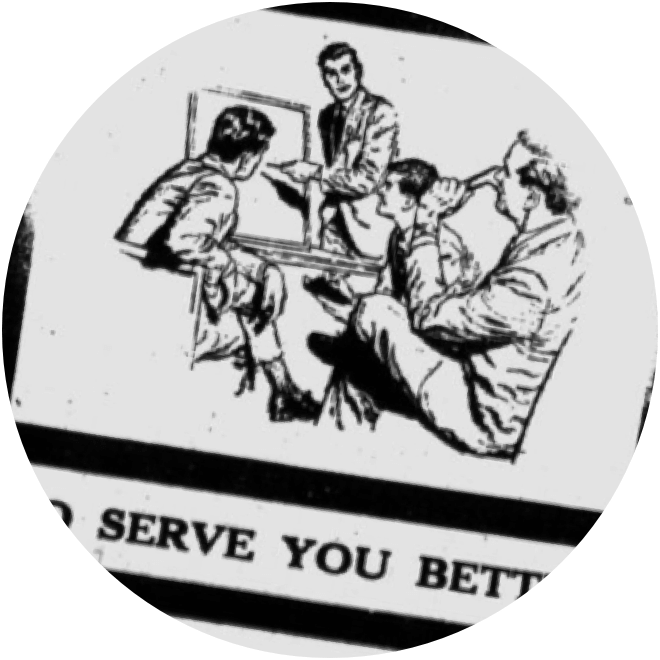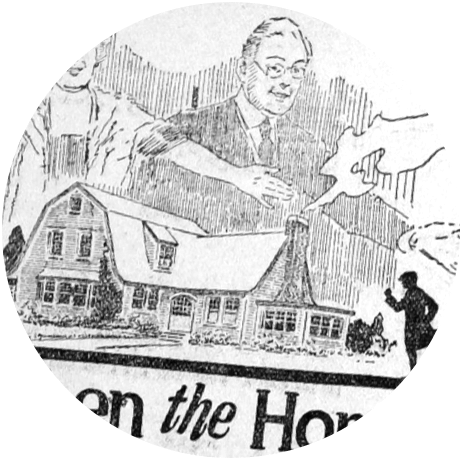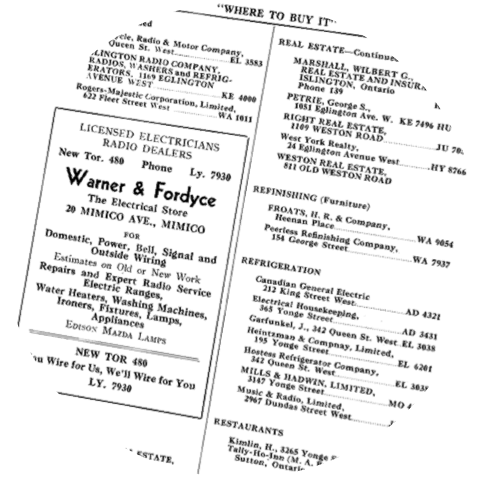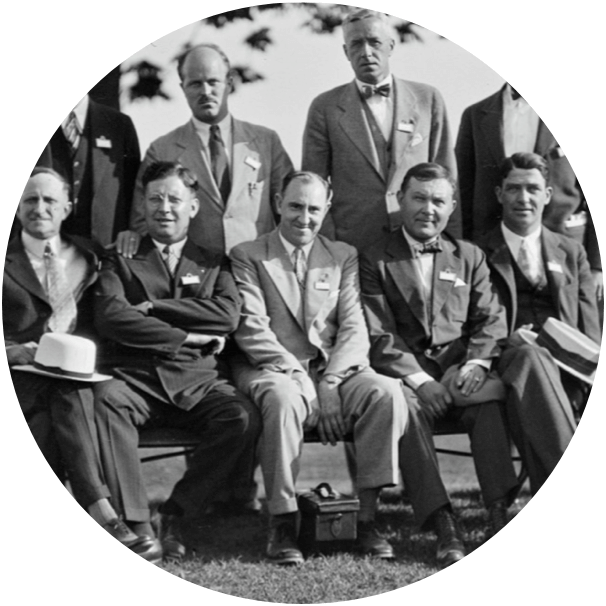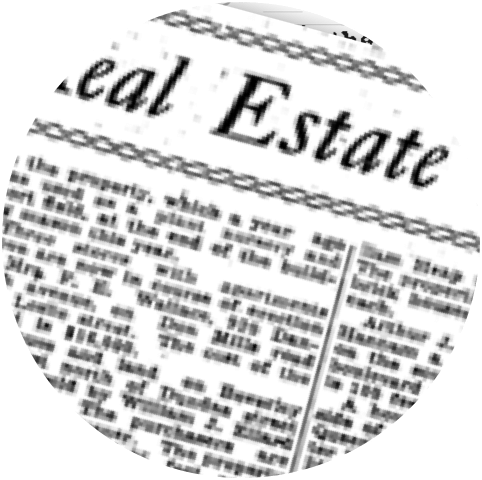In looking back, TRREB Members love to give advice to new incoming professionals. When asked, Past President Ron Abraham stated: “It’s a good career choice. It’s a nice clean business. It’s, you know, challenging certainly, but yeah, be prepared to do some work, because a lot of people think all you do is drive people around in your car and they buy a house and you make $20,000. That’s not the way the real estate business is. Well, you’ve got to be prepared for work and you got to be prepared to have thick skin because sometimes people – I guess, they treat you like you’re just out there for the money and all you do is drive me around and show me houses, but they have to – I think they don’t understand like the learning that goes on in the industry, the attention to the code of ethics.”
Author: mariak@trebnet.net
St. George Street
You are always are proud of your first real estate deal, whether you are an agent or a purchaser. Past President James Mizzoni said the first property he sold in 1950 was $11,500: “Hell of a big difference, eh? And I was elated. The first deal I made and obviously it’s one you’ll always remember.”
Gertrude Tate
At first, just a trickle of women found their calling as real estate agents. Gertrude Tate, who joined the Board in 1928 and spent 40 years in the business, was one of the pioneers. Miss Tate was a good friend of Emmeline Pankhurst, a leader of Canada’s suffragette movement, who supported her desire to step into a profession that had previously been the preserve of men. In 1955, Miss Tate wrote: “Freed from the shackles of Victorian era, women can go forth in this basic and fascinating activity on equal terms with their opposite numbers.” In 1956, Miss Tate was made an Honourary Life Member. Today, women make up 40 per cent of TRREB’s membership.
New REALTOR® Crest
A new REALTOR® crest, introduced in the 1960s, became a symbol of trust the Greater Toronto Area rapidly grew. Over the years, TRREB promoted the crest as the mark of a competent and professionally trained real estate expert who can be relied upon to provide excellent service. The term REALTOR® has been used by Canadian real estate Boards since at least 1921, to identify members of organized real estate who adhere to a Code of Ethics.
1968 Advertising Campaign
The collective voice of many, speaking as one, will always make an impression. And so did the 1968 TRREB advertising campaign that promoted the ongoing development and specialization of the real estate agent who is a TRREB Member. Over the years, TRREB promotions have evolved, but the key message remains that a professional agent will offer great advice and insight about one of the most important investment in a family’s life – buying a home.
Homebuying Advertisement
An advertisement from a newspaper from April 25, 1923, encouraging spring homebuying.
County of York Directory
A photograph of the 1935–36 biyearly directory for the County of York (Ontario). It included towns, villages and rural districts in alphabetical order.
National Association of Real Estate Boards
In the early days, real estate conventions were North American affairs. In fact, the National Association of Real Estate Exchanges’ (later, NAREB; now NAR) first Code of Ethics was approved at the 1913 Annual Convention in Winnipeg. In 1930, an estimated 6,000 U.S. REALTORS® travelled to join their Toronto colleagues at the convention.
“Realtor” is New Word in Business Vocabulary
Use of the term REALTOR® has been protected since the very early days of real estate boards in North America. It was originally coined by Charles N. Chadbourn in 1916, to refer to real estate professionals who are Members of the US-based National Association of REALTORS®. Chadbourn famously stated that those who would be REALTORS® “would rather lose a record-breaking commission than violate his own conscience.” (NAR, 2013)
Toronto Real Estate News
“The provincial government took steps in the middle ‘30s to give the business a boost in respectability through the institution of the Real Estate Broker’s Act, which among many other things forced the broker to keep proper books of account and a trust account for his deposits. This has prevented recurrences of unscrupulous fellows (and in depression days there were a few of them) decamping on a spree with the clients deposit.” (C. C. Ruttle, May 1955, Listings)

